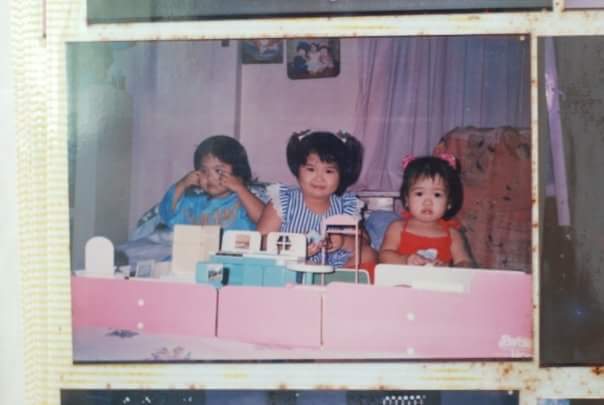Do you ever wonder what life could have been if you have done things differently? Honestly, yes. I imagine the outcome of the could have beens and the what ifs that constantly linger in my mind.
Before my mother got sick, I was young then, everything was blurry. Of course I can remember fun, happy memories and bad ones too but there wasn’t any purpose to why you live life the way it was. All you ever cared about was yourself, school, exams, deadlines, gigs, never questioning your purpose and existence in this world.
After my mother was diagnosed with stage 4 lung cancer everything changed. She was given a time frame of only six months but miraculously get to have two meaningful years more.
You know when something serious like cancer happen in your life you question a lot of things. Tons of questions why this had to happen in your own family, your own mother who was a very strong woman, still young at forty. Then there’s that untouched topic of death. I haven’t in my life experienced such dreadful thing until that moment came. All those questions of how it will happen have finally been answered.
Grief came knocking and it sucks the life out of you. Anger, denial, frustration it was the easiest to feel because it was the most shallow ground that lets you continue everyday without really ‘feeling’. When you feel, all emotions cloud your mind and heart.
One realization led to another. What hurts the most were the could haves and the should haves. “I should’ve followed my mother when she said this.. I could’ve taken care of her more..”. That’s the irony of life, we only realize the importance of someone/something until that someone is gone. We can only sulk in our misery of regrets and that is only how far we can reach to remember the past. There’s nothing we can do about it.
Living with regrets is a road to self- destruction. One way of overcoming that is acceptance. Accepting the truth that you cannot change the events of the past and though it hurts, you have to face and deal with it. There must also be forgiveness. Forgiving yourself for the mistakes, for not giving too much of yourself in a situation. They say it’s easier to forgive others than yourself.
We are only human; we are not perfect. We have to focus on resiliency and what we have learned through that difficult experience. Focus on healing, in self-improvement, expression.
It was a hard road for me then but there is the NOW that we have to live. As much as possible, I try to do things that will not make me regret tomorrow. If I made a mistake, learn from it and never do it again. It is always never too late while we are still here.







